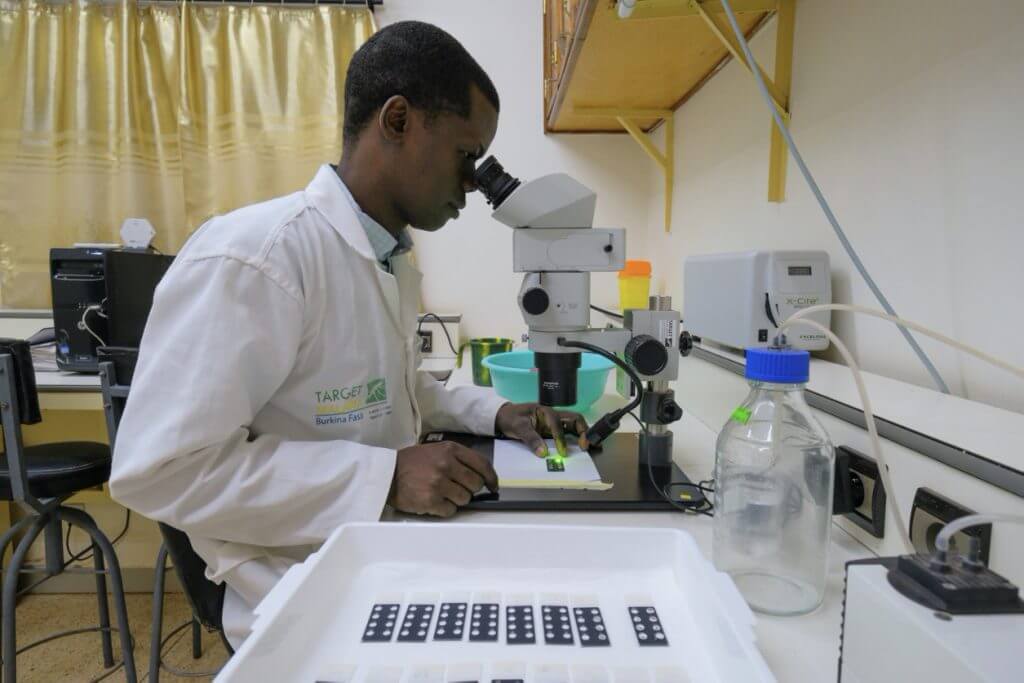World Health Assembly resolution prioritises research and innovation for malaria control
Posted 29
The World Health Assembly, the main governing body of the World Health Organisation (WHO), recently adopted a new resolution with the aim of accelerating progress towards eliminating malaria, a preventable and treatable disease that continues to take more than 400,000 lives every year.
The commitment, drafted on May 25, calls on Member States to step-up efforts in the fight against the disease through plans and approaches that are consistent with the WHO Guidelines for malaria and WHO’s updated Global technical strategy for malaria 2016-2030, also newly adopted by the Assembly.
Both the resolution and the revised Global technical strategy foreground the importance of investing in innovation to put an end to malaria. More specifically, the resolution sets four top priorities to guide Member States, one of which identifies the need to extend investment in the research and development of new tools and support implementation research and innovation to maximise the impact and cost-effectiveness of malaria interventions. Other key points emphasise the importance of investing in and supporting health services – ensuring no one is left behind – and scaling up funding for the global malaria response.
The updated Global technical strategy strengthens these commitments by promoting six principles, including one focusing on the importance of innovation in malaria interventions to enable countries to heighten their progress along the path to elimination. The strategy also recognises that research is vital in order to deepen understanding of the malaria parasite and its vectors and to develop improved and innovative vector control methods and other interventions such as vaccines.

With progress in the fight against malaria stalling in recent years and the COVID-19 pandemic putting further pressure on health systems and the implementation of malaria control interventions, the adoption of the World Health Assembly’s new resolution could not be timelier. According to Dr. Pedro Alonso, Director of the WHO Global Malaria Programme, “this new resolution is particularly welcome at a time when global malaria control efforts have been losing ground. It sends a very strong signal that countries around the world are committed to scaling up action towards a common goal: a world free of malaria.”
Greater support for research, and more investment in the development of new tools and approaches for malaria control could be crucial to reverse stalled progress and sustain hard-fought gains in the ongoing battle against this deadly disease. As part of an integrated approach, innovations such as gene drive approaches for vector control, could help further the advancement of the vision of a malaria-free world.

